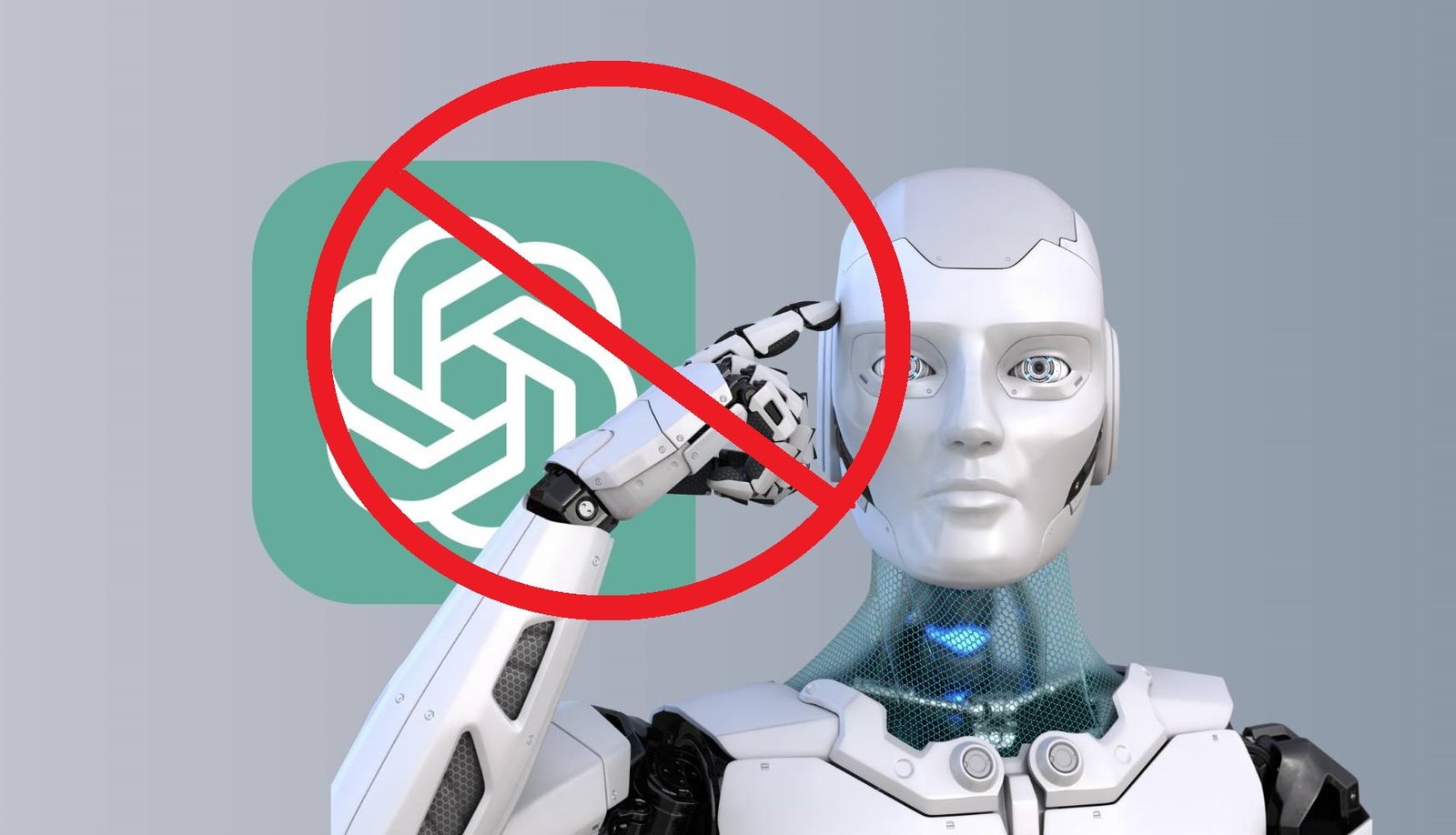Linguistic models using machine learning algorithms and other artificial intelligence algorithms use much information and generate results. It is essential to use the correct queries to get accurate results. Here we will examine the common mistakes in using chatGPT.
1- Unclear or Unspecific Prompts
Effective communication is vital when interacting with AI language models like ChatGPT, and providing specific prompts is critical to obtaining accurate and relevant responses. Unclear or ambiguous prompts can lead to misunderstandings and generate responses that may not align with the desired outcome or intent of the user. Additionally, using multi-step prompts for complex queries and instructing the perspective can help ChatGPT provide more comprehensive and tailored answers. Handling ambiguity by providing context and addressing potential misunderstandings in prompts can further enhance the accuracy and relevance of the generated responses. Please note that the information provided is based on general knowledge and the context of the question. It is always recommended to refer to authoritative sources or documentation for more specific and detailed guidelines on crafting prompts for this language model.
2- Overreliance on the chatgpt
chatbot is a compelling model, but relying on an artificial intelligence model needs to be corrected. This language model is trained based on many data. It can be abused. Therefore, checking the information and answers of this language model is very important. It’s essential to maintain a balanced approach when using this language model. While it is a powerful tool, it’s crucial to understand its limitations. Avoid unthinkingly accepting its responses and always exercise critical thinking. Fact-checking and validating information from external sources is essential to ensure accuracy and reliability. By combining the strengths of AI with human judgment, we can make the most effective use of this technology while minimizing the risk of misinformation.

common Mistakes in among users
3- Shortage of Contextual Guidance
For Chatgpt to give you an accurate answer, you need to spend time and learn how to write requests correctly. If you can write your request accurately and clearly, Chatgpt will give you an incorrect answer. Avoid providing additional information that may mislead this language model.
Read more: Prompt Engineering for ChatGPT: Enhancing Conversational AI
4- Failure to Correct Mistakes
One of the most common things to do when you get an incorrect answer from the chatbot is to close the window and exit it. Be patient and help this language model improve its solution. Guide him. Give your feedback on the answer. Break complex questions into smaller parts. Use plugins that can help enhance AI language model responses.
5- Forgetting Moral Considerations
This language model or any other chatbot can be used to generate inappropriate content and false information. We know these language models are designed for correct and human uses to help us experience better lives. Therefore, it is essential to use these tools correctly.
4- Set roles for chatbot
ChatGPT is an accurate language model and pays attention to every single word written in your request. One way to get more accurate results is to give this language model a role. For example, ask him to read to you the importance of the role of Lady Macbeth in this play from the point of view of a literature professor. This model can give you a more accurate answer. You can provide a related role for this language model for other questions and requests and then get the answer.
5-Beware of typos
Be cautious of typos. The bot recommends using proper grammar and spelling for improved results. Slang and typos hinder responses. Treat ChatGPT as a proofreader/editor rather than a basic grammar checker. Consistency in writing yields better outcomes. It is better to keep your tone simple and smooth when asking from this language model. Avoid asking questions in very colloquial language. For simple questions, the conversational tone may lead to correct answers, but the everyday language in asking technical questions may lead to erroneous results.
Read more: Creating Content with ChatGPT is Revolution




